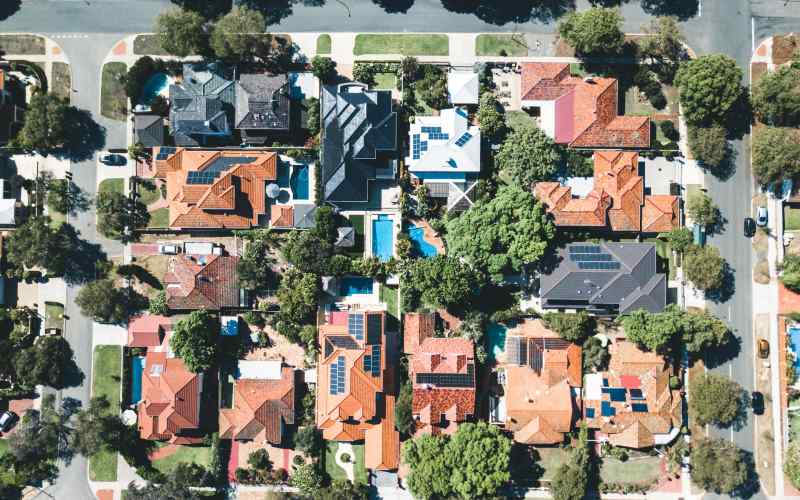The figures from the Australian Bureau of Statistics (ABS) paint a dismal picture for the automotive industry, who had already been seriously affected by the COVID-19 pandemic.
ABS Chief Economist Bruce Hockman said car loans were the main driver of the record-breaking decline in personal finance.
“This was the largest fall in the history of the series, which started in July 2002, and was driven by a 37.8% fall in the value of loan commitments for road vehicles," Mr Hockman said.
“Lending institutions reported that COVID-19 impacts were being seen through both reduced demand from borrowers and tighter lending criteria.”
Personal finance also fell by 8.2% in March, with lending for vehicles down 10.2%.
New home loan commitments also suffered a decline as a result of the pandemic in April, after being up 2.5% in March.
The value of new commitments for owner-occupied housing fell 5.0%, while investor housing fell 4.2%.
It was the largest fall of new home loan commitments for both groups in 12 months.
Additionally, the purchase of existing dwellings experienced the largest fall in over a decade.
In a show of weaker confidence in the market, first home buyers also exited the market, with new loan commitments down 3.8% after a marginal increase in March.
Owner-occupier first home buyers accounted for 32% of all owner-occupied loan commitments, a steady result from the previous month.
Despite April's fall in new commitments for owner-occupier first home buyers, the series remained 20.2% up on the most recent low point in December 2018.
Mr Hockman said a build-up of loans in the pipeline meant the figures didn't show the full extent of declines in home loan commitments.
“COVID-19 operational impacts experienced by some lending institutions resulted in a backlog of March housing loan applications being processed in April, which moderated the April fall in loan commitments,” he said.
Much of the decline in home loan commitments was driven by sharp declines in Queensland, but was offset by a rise in Victoria for investor commitments.
Westpac economist Matthew Hassan said the figures were better than expected, but the coming month would see a far worse result.
"Housing finance beat expectations, recording a material but milder than forecast 4.8% fall in value terms," Mr Hassan said.
"The detail showed similar sized declines across owner occupier and investor segments.
"Approvals are likely to record a steeper drop as virus impacts show through more fully in May."
Prior to the release of the figures, NAB economist Tapas Strickland said a sharp decline in commitments was expected.
"The data is for April and is unlikely to be market moving. Given the sharp fall in housing turnover, a sharp decline in approvals is expected," Mr Strickland said.



 Denise Raward
Denise Raward
 Harry O'Sullivan
Harry O'Sullivan

 Emma Duffy
Emma Duffy
 Brooke Cooper
Brooke Cooper

